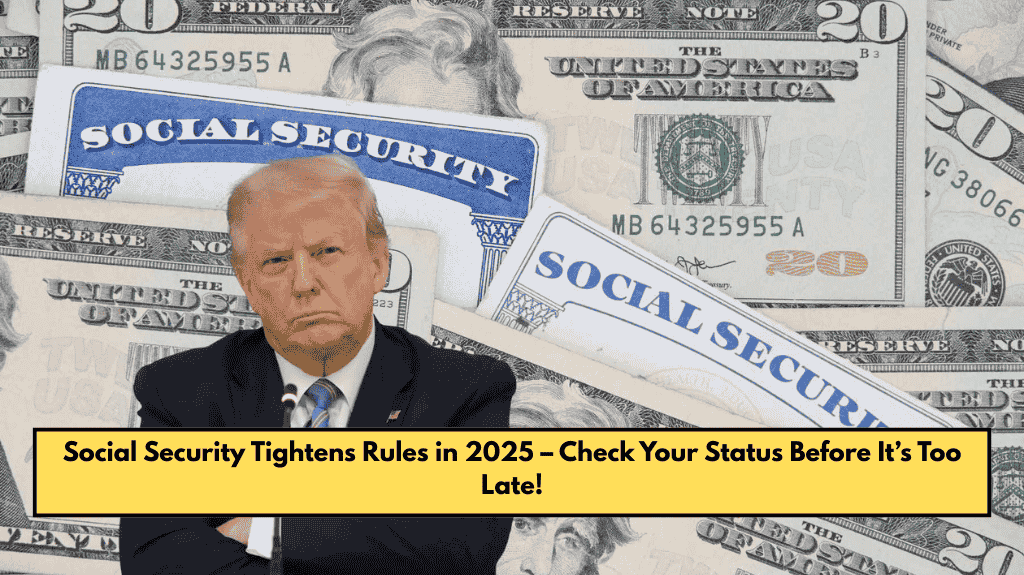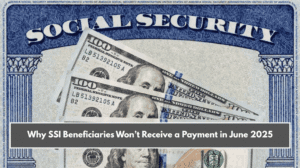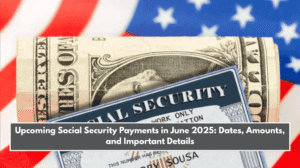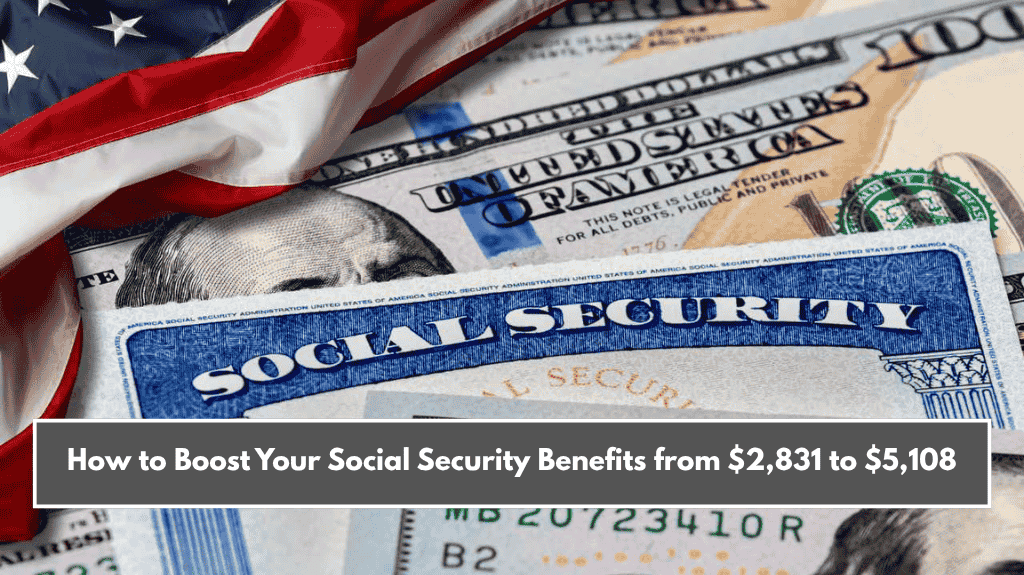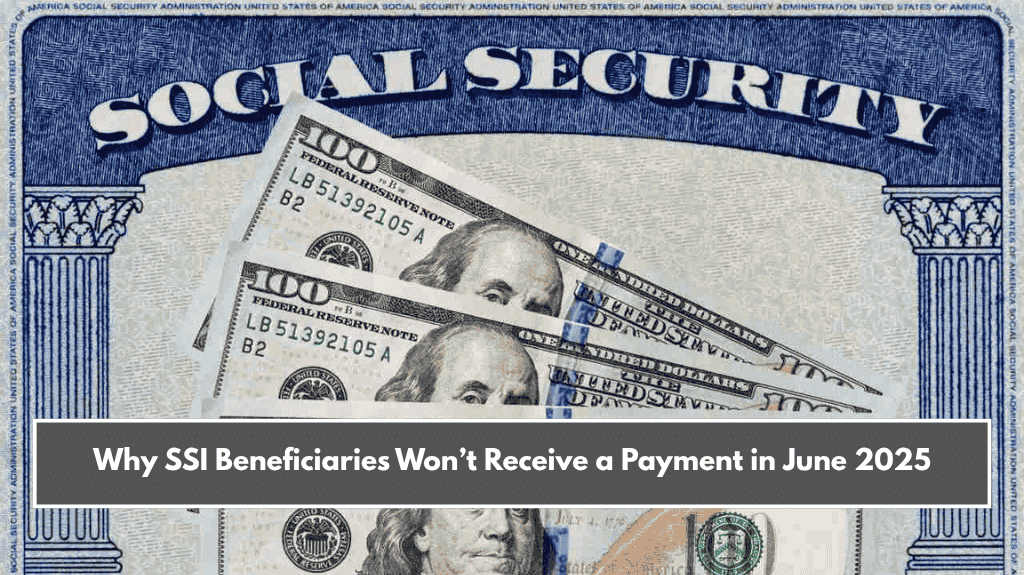The Social Security Administration (SSA) has announced major changes in 2025 to stop ineligible payments and overpayments. These updates affect retirees, disabled individuals, and others receiving Social Security benefits. If you depend on these payments, it’s very important to check your status now to avoid losing your money suddenly.
These strict new rules aim to protect the Social Security system from financial trouble and to make sure only eligible people receive benefits. Let’s break down what’s changing, why it matters, and what you need to do to protect your benefits.
Why Is the SSA Cracking Down on Payments?
Social Security is facing serious financial pressure. According to a 2024 report, the Social Security trust fund may run out by 2034 if changes are not made. In 2023, the SSA lost about $8.5 billion due to overpayments and fraud.
To avoid collapse, the SSA is trying to stop payments going to people who shouldn’t be getting them. While this move helps the system, it may also cause problems for people who don’t understand the new rules or who make small mistakes.
Key Social Security Policy Changes in 2025
| Policy Change | Effective Date | Impact |
|---|---|---|
| 100% Overpayment Recovery | March 27, 2025 | Entire monthly checks will be withheld until overpayment is recovered |
| Stricter Identity Verification | April 14, 2025 | In-person ID checks needed for some applications |
| Debt Collection Resumes (TOP) | May 5, 2025 | Tax refunds or government payments can be reduced to collect SSA debts |
| Faster Direct Deposit Updates | April 14, 2025 | Direct deposit changes will now update in one business day |
What These Changes Mean for You
100% Overpayment Recovery
Starting March 27, 2025, if the SSA says they overpaid you, they can now take your full benefit every month until they recover the full amount. Earlier, only 10% of your check was taken back.
Example: If your benefit is $1,400/month and you were overpaid by $2,800, you may get zero payment for two months.
Good News: You can request a lower deduction, appeal, or even ask for a waiver if paying it back causes financial hardship.
Tip: Respond fast if you receive an overpayment notice. You usually have 30 days to act before full deduction starts.
Stricter Identity Verification
From April 14, 2025, if you can’t verify your ID online, you must go to a Social Security office in person for some processes.
Note: This rule does not apply to SSDI, Medicare, or SSI applications.
Debt Collection Resumes
Due to COVID-19, the SSA had paused debt collections. But from May 5, 2025, if you owe money to SSA from before 2020, they can now take money from your tax refund or other federal payments.
About 280,000 people are affected by this, with a total of $2.7 billion in unpaid debts.
Faster Direct Deposit Changes
Before, updating your bank details for receiving benefits could take up to 30 days. Now, changes will happen within 1 business day, reducing the risk of fraud and delayed payments.

How Different Groups Will Be Affected
Retirees: May lose their full payment if overpayment occurs.
Disabled Individuals: Face stricter identity rules, but SSDI applications are exempt from in-person ID checks.
Low-Income SSI Recipients: Could face hardship if their full payment is withheld. They must act quickly and request adjustments or waivers.
What to Do If You Get an Overpayment Notice
Step 1: Read the notice carefully to understand how much you owe and why.
Step 2: Respond within 30 days to avoid full payment withholding.
Step 3: You can request a waiver or appeal if:
- You believe the overpayment is not your fault.
- You cannot afford to repay.
Step 4: Submit documents that show your income, expenses, and any proof of error.
Step 5: Follow up with SSA and keep records of every letter or call.
How to Check Your Social Security Status
Checking your status regularly can help you spot issues early.
Online: Visit the SSA website and log in to your my Social Security Account.
Phone: Call 1-800-772-1213 (8 a.m. – 7 p.m. local time).
In-Person: Use the Social Security Office Locator to find a nearby office. Bring ID and any documents needed.
Social Security changes in 2025 are meant to protect the system, but they can be tough for many people. If you rely on monthly benefits, stay alert. Always check your mail, respond to letters quickly, and keep your personal information up to date. Taking action early can save your benefits and reduce stress.
